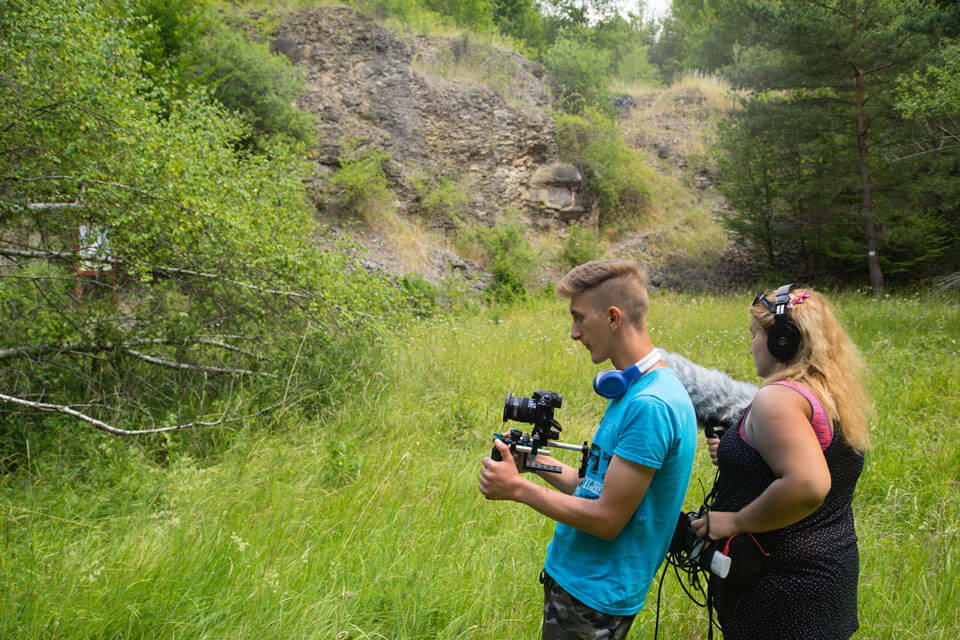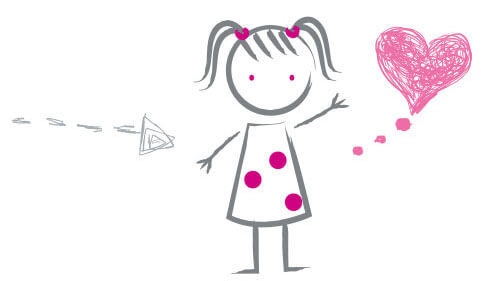
Measuring is Key to Improvement
Interventions that Work in Dealing with Youth Aggression
2015-2-HU02-KA205-000984
ROADON VIDEOMEKI – THE PROJECT
Understanding the issue and implications of serious behavioral problems is difficult. Due to the threatening behavior exhibited, in general people do not want to deal with the issue and prefer the delinquents to be put away. If a kid with serious behavioral problems does not receive appropriate treatment, they are most likely to grow up to be a problematic adult; dealing with these individuals costs a lot to society (maintaining locked facilities, social transfers, broken families, reproducing disruptive behavior patterns in family, etc). There is no existing standard measurement tool for impact evaluation in the youth field, yet, if vulnerable youths do not receive support they will be robbed off their future.
MEKI (Measuring is Key to Improvement– Interventions that Work in Dealing with Youth Aggression, project ID: 2015-2-HU02-KA205-000984) is an Erasmus+ Strategic Partnership project in the field of youth, with the cooperation of Pressley Ridge Hungary, UCLL (Belgium) and Jeugdwijs (The Netherlands). During these 3 years, we worked on 3 main activities:
- Research: clarifying programmes and interventions in the social field with a special focus on aggression management, and identify those that are more effective
- Via Prima (later renamed as RoadON): creating an innovative intervention for managing behavioral issues through the foundation of an adventure based of a social enterprise
- Social Return on Investment (SROI): establishing a framework for calculating SROI in a way that make sense for both the decision makers and the general public about the long-term impact of effective methods in managing aggression in various settings
Based on the partner organizations' existing practices, we have synthesized experiences in managing aggression. Though basic human needs are universal, there are various programmes that aim to deal with aggressive, troubled and troubling behaviour.
The research is innovative in a way that we have explored the link between youngster aggression and the trajectories these youngsters follow in youth care and wheather or not there is a link with care –out. This will help organisations to choose the right methods so youngsters will have a higher chance to become successful members of society. SROI is a fairly new tool to measure the social impact of programs. Having such a tool will be extremely valuable at an EU level, especially in Central and Eastern European countries in which the restructuring of the social care systems is happening today. In researching the effectiveness of methods for aggression management in youth care mostly a scientific stand is chosen; using SROI will link the work to society and the decisions made about community resources which is a new concept in the field of social services.
As a result of this international strategic partnership, the combination of a direct intervention for kids with emotional and behavioral disorder (RoadON), the strong research component and the link to longer-term impact of our work (SROI) will fortify the efforts to create effective intervention models.
#RoadON 2018


